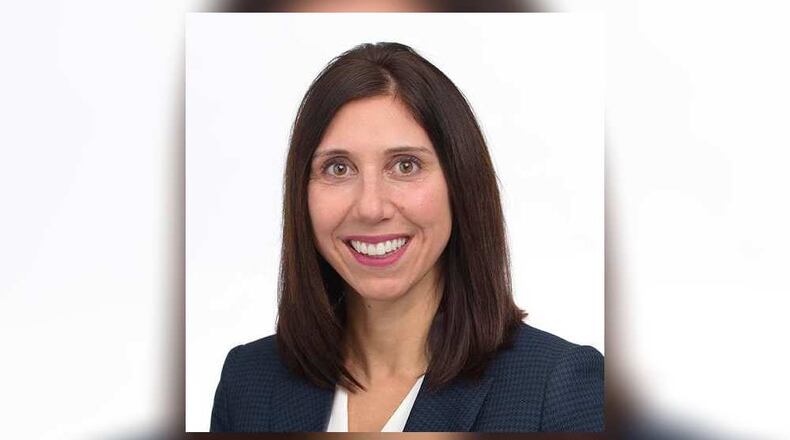This week, Learn to Earn Dayton received the systems transformation designation from StriveTogether – they’re the first community in the Midwest and third nationally to do so. What this means is that they have built local community connections that have helped make significant shifts in policies, practices, resources, and power structures to transform inequitable systems and produce equitable outcomes. In other words, youth and families in the area are on the pathway for being better off and it means that Dayton is setting the example nationally for the kind of work that is possible.
Community relationships are the foundation on which this work is built. At StriveTogether, we call this “civic infrastructure,” or the collaboration between nonprofits, organizations, and local government that connects the community together around a shared vision of creating better outcomes. This work is often centered on education outcomes because they are key predictors of putting young people on a path to economic mobility and preventing poverty.
In Dayton, for example, Learn to Earn has leveraged its longstanding relationship with Dayton Public Schools to quickly devise a strategy to address pandemic learning loss. As a result, reading and math scores have dramatically increased and education outcomes in Dayton are recovering faster from the pandemic than many other communities across the country. However, Learn to Earn Dayton is about more than education – the partnership affects issues such as healthcare, housing, and civic engagement by bringing cross-sector partners in the community together to address issues and make key decisions regarding the wellbeing of their children, from cradle to career. For example, they worked with Omega Community Development Corporation to secure a $29 million Promise Neighborhood award from the U.S Department of Education that will impact 6,700 children and 3,400 families within 17 Dayton neighborhoods.
To do this work, Learn to Earn Dayton had to help realign local systems to place focus on the child, rather than having families work around existing systems in education, housing, and healthcare. For example, Learn to Earn Dayton, the city of Dayton, and Montgomery County changed their policies to address critical education needs, including the passage of tax levies to support initiatives that include early childhood education and human services. But the work is not done in isolation: Learn to Earn Dayton worked directly with the local community to collaboratively provide leadership in the development of these solutions and re-centered decision-making power to the neighborhoods. These partnerships help facilitate the use of data, shared learning, and provides the basis for evidence-based decision making.
As the leader of a national organization with 70 communities in our network, I am immensely proud to see this kind of work being done in our home state. Learn to Earn Dayton is proving what is possible in the work of equity by transforming systems to ensure that our families are better off. This is precisely the kind of lesson that all social impact leaders across the country should be studying in service of our communities.
Jennifer Blatz is CEO and President of StriveTogether.
About the Author
